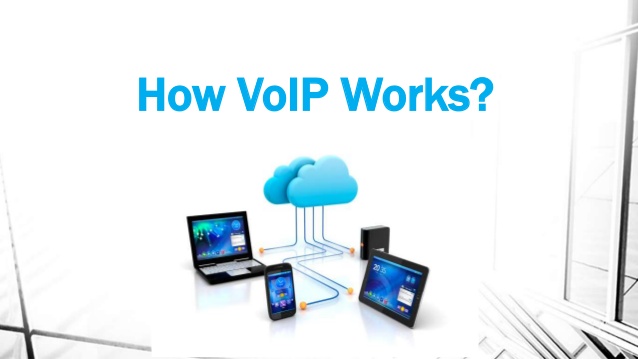What is VOIP?
VOIP stands for Voice over Internet Protocol (VoIP), is a technology that allows you to make voice calls using a broadband Internet connection instead of a regular (or analog) phone line.Some VoIP services may only allow you to call other people using the same service, but others may allow you to call anyone who has a telephone number – including local, long distance, mobile, and international numbers. Also, while some VoIP services only work over your computer or a special VoIP phone, other services allow you to use a traditional phone connected to a VoIP adapter.
How VoIP / Internet Voice Works
VoIP services convert your voice(analog signal)into a digital signal that travels over the Internet. If you are calling a regular phone number, the signal is converted to a regular telephone signal before it reaches the destination. VoIP can allow you to make a call directly from a computer, a special VoIP phone, or a traditional phone connected to a special adapter. In addition, wireless “hot spots” in locations such as airports, parks, and cafes allow you to connect to the Internet and may enable you to use VoIP service wirelessly.
Advantages of VoIP:
- Low Cost
- Service Mobility
- Versatility of Features
- Simple Conference Calls
- Efficient Client Interaction
- Reliable in a Pinch.
This technology leads to greater financial savings. It is inevitable that VoIP will eventually replace traditional phone service – in fact, more and more phone companies are taking advantage of the technology to offer cheaper long distance rates.
Difference between making a Local Call and a Long Distance Call ?
Some VoIP providers offer their services for free, normally only for calls to other subscribers to the service. Your VoIP provider may permit you to select an area code different from the area in which you live. It also means that people who call you may incur long distance charges depending on their area code and service.
Some VoIP providers charge for a long distance call to a number outside your calling area, similar to existing, traditional wireline telephone service. Other VoIP providers permit you to call anywhere at a flat rate for a fixed number of minutes.

